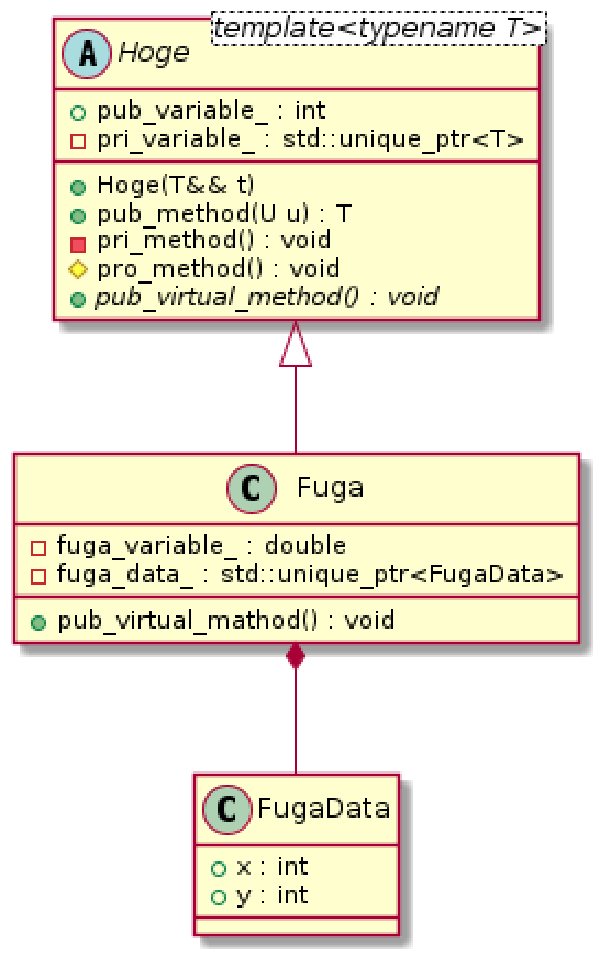やってみたらものすごく簡単で感動したのでメモ。
環境#
- rustc 1.49.0
- cargo 1.49.0
パッケージのバージョンは以下。
[dependencies]
reqwest = { version = "0.11" }
tokio = { version = "1.0", features = ["full"] }
serde = "1.0"
serde_json = "1.0"
serde_derive = "1.0"
anyhow = "1.0"手順#
reportを取ってくる#
公式リファレンス のRESTful APIの仕様を参考に、requwestでGETを投げる。エラー処理を簡単にするために、anyhowを用いている。
use anyhow::Result;
const EMAIL: &'static str = "ikamat.kmr@gmail.com";
const SUMMARY_URL:&'static str = "https://api.track.toggl.com/reports/api/v2/summary";
async fn get_report(token: &str, workspace_id: &str) -> Result<String> {
let client = reqwest::Client::new();
let query = [
("user_agent", EMAIL),
("workspace_id", workspace_id),
];
let req = client
.get(SUMMARY_URL)
.query(&query)
.basic_auth(token, Some("api_token"));
println!("{:?}", req);
let res = req
.send().await?
.text().await?;
Ok(res)
}URLにqueryをくっつけて認証情報とともに投げるだけである。async構文とanyhowクレートのおかげで、非同期処理にも関わらず驚くほど短く書ける。
jsonのパース#
togglへ上記のようなリクエストを投げると、以下のようなjsonが返ってくる。
{
"total_grand": 7420000,
"total_billable": null,
"total_currencies": [
{
"currency": null,
"amount": null
}
],
"data": [
{
"id": 162834023,
"title": {
"project": "Personal",
"client": null,
"color": "0",
"hex_color": "hoge"
},
"time": 141000,
"total_currencies": [
{
"currency": null,
"amount": null
}
],
"items": [
{
"title": {
"time_entry": "todoist"
},
"time": 141000,
"cur": null,
"sum": null,
"rate": null
}
]
}
]
}jsonのパースには serde クレートを用いる。特に、serdeの derive モジュールを使うことで、ユーザー定義の構造体のserialization/deserializationが簡単に書ける。
#[derive(Deserialize, Debug)]
struct EntryTitle {
#[serde(rename = "time_entry")]
title: String,
}
#[derive(Deserialize, Debug)]
struct Entry {
time: i64,
#[serde(rename = "title")]
entry_name: EntryTitle,
}
#[derive(Deserialize, Debug)]
struct ProjectTitle {
#[serde(rename = "project")]
title: String,
}
#[derive(Deserialize, Debug)]
struct Project {
time: i64,
#[serde(rename = "title")]
proj_name: ProjectTitle,
#[serde(rename = "items")]
entries: Vec<Entry>,
}
#[derive(Deserialize, Debug)]
struct Track {
#[serde(rename = "total_grand")]
time: i64,
#[serde(rename = "data")]
projs: Vec<Project>,
}基本的には、構造体の前に #[derive(Deserialize)] をつけるだけで構造体へのパースをしてくれるようになる。渡されるjsonと定義した構造体の間で名前が違う場合は、上記の例のように [serde(rename = "hoge")] とすることで違いを吸収することができる1。
このように構造体定義に少し細工をしておくだけで、jsonのパースが1行でできるようになる。
#[tokio::main]
async fn main() -> Result<()> {
let toggl_token = env::var("TOGGL_TOKEN")?;
let workspace_id = env::var("WORKSPACE_ID")?;
let proj_data = get_report(&toggl_token, &workspace_id).await?;
// 1行でjsonのパースができる
let track: Track = serde_json::from_str(&proj_data)?;
println!("{:?}", track);
Ok(())
}serde_json::from_str() で自動的に型推論をしてパースまで行ってくれる。恐ろしく簡単だ。
コード全文#
Deserializeでは、渡されたjsonのkeyの数が構造体のメンバの数より多い場合、余剰なエントリーは無視される。余剰エントリーを無視ではなくエラーにしたい場合は
#[serde(deny_unknown_fields)]をつける。 ↩︎




